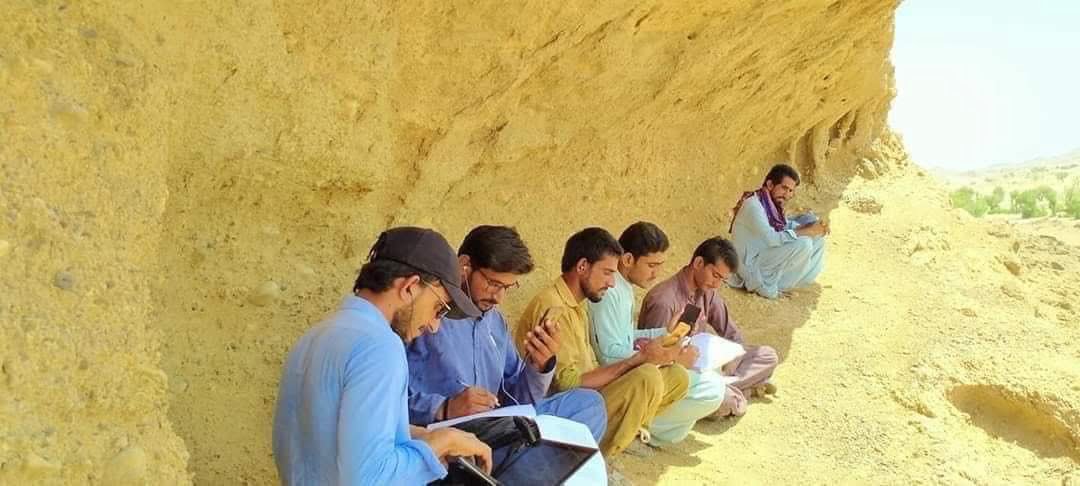Students in smaller towns in Balochistan have to travel to cities for the internet to attend online classes and in most cases, they do not succeed despite a trip of miles. The Coronavirus pandemic had forced the Higher Education Commission (HEC) to announce the closure of campuses and instruct educational institutions to conduct classes through video link. This has created a frustrating situation: how could you go online without the internet?
Even in cities such as Turbat students miss their classes regularly due to a lack of uninterrupted internet supply. What makes it more frustrating is that the universities do not care, students claim. “No online classes without ensuring internet facility”, says Zameer Baloch, a finance student at a university in Multan who is currently in Kech.
The students have been demanding the HEC review their decision of continuing to conduct online classes, but their pleas have fallen on deaf ears. They claim the online classes have taken a toll on their mental health. Students like Zameer who have no proper accommodation in Turbat, headquarter of district Kech, are forced to stay in the slums. “The fear of missing the classes and lagging in the course has put us in severe mental anguish,” Zameer says. “I have online classes, therefore, I have come to Turbat. I have almost missed more than five classes due to the unavailability of the internet. The students believe HEC officials did not take into account the internet situation in Balochistan when they went ahead with the online classes’ decision.
Moreover, Zameer is not the only student who is struggling. Most students in the region have been facing similar problems. They opine that providing basic facilities is the main responsibility of the government, but the fundamental constitutional rights of the citizens are being ignored by the officials. That is why the protests against the HEC for its ‘unimaginable decision’ of holding online classes. The students believe online classes are not a fair solution for the continuation of the semester and that the government needs to look at the other side of the coin too.
There have been widespread protests across Balochistan. A few days ago in Turbat, a large gathering of students demanded that the HEC authorities either reverse their decision or make sure the internet is available. It’s worth mentioning here that many districts in Balochistan, most notably Turbat, mobile internet is banned. “The HEC should resolve the issues. Do the children of poor parents have no right to education? Our demands are yet to be fulfilled,” said one protestor.
Sara Baloch, an LLB student, says: “Balochistan suffers in many ways. The residents of the province are always left behind. The youths (students) are left in the lurch as many students do not have any laptops or mobile phones. How come will it be possible for them to attend online classes without having basic facilities like electricity or 3G/4G services?”
Activists claim that the federal government rarely considers facilitating Balochistan, therefore, its citizens are ignored in every sector. It puzzles the people to a great extent that all the business sectors are open but the education sector has not been given priority.



